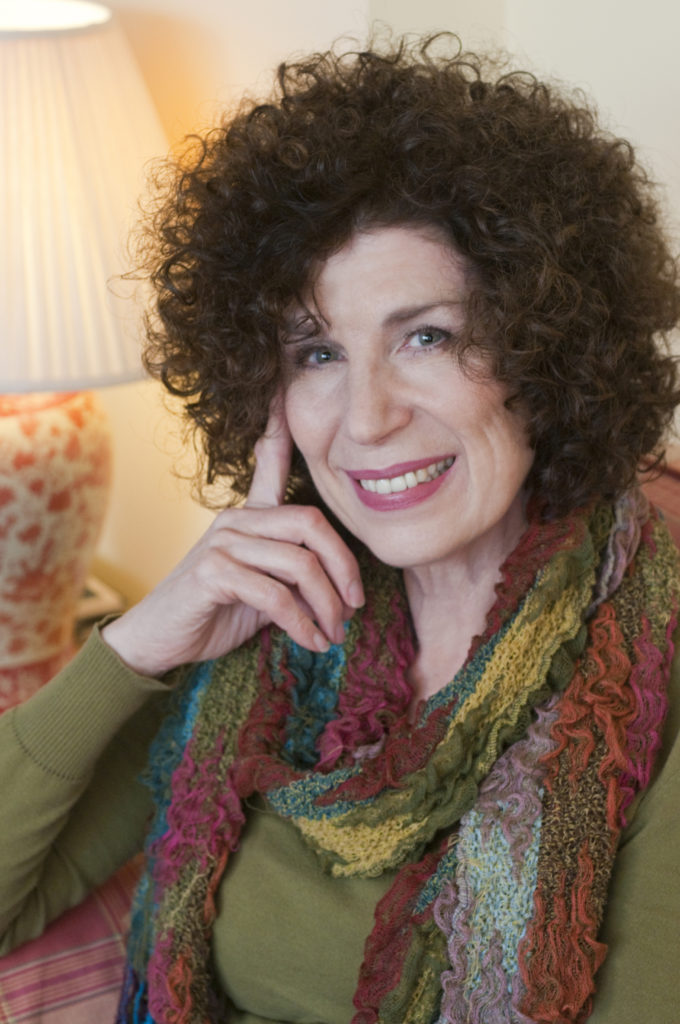
Rosalind Plowright, credit Janthonykaye
Spellbound
Un Ballo in Maschera, music composed by Giuseppe Verdi, libretto by Antonio Somma, Investec Opera Holland Park, City of London Sinfonia conducted by Matthew Kofi Waldren, new production of the original, uncensored version directed by Rodula Gaitanou, based on the drama Gustave III de Suède by Eugène Scribe, Friday 21st June 2019, reviewed by Leslie Jones
In a letter to his librettist Antonio Somma, Verdi alluded to the difficult gestation of Un Ballo in Maschera, notably the seemingly intractable problems with the censors, both in Naples and Rome. “I bathe in a sea of ennuis”, he complained. In a contemporaneous missive to the publisher Ricordi, he again struck a note of self-pity, stating that “we poor gypsies and charlatans are obliged to sell our labours, our thoughts, our delirium for gold…” (quoted in Verdi, by Carlo Gatti, vol 1).
However, the premiere in Rome, in February 1859, was a triumph and it coincided with a wave of patriotic fervour (the Franco-Austrian War, plotted by Napoleon III and Cavour at Plombières, was about to commence). Yet as Gatti observes, Un Ballo was no mere “succès de circonstance”, as this splendid new production at Holland Park demonstrates. The score is replete with fine arias, duets and ensemble work à la Donizetti and the plot has echoes of Shakespearian tragedy, notably of Macbeth.
From the moment we hear the fate motif of the opening prelude, we are in a dark and disturbing place. For King Gustavo of Sweden (Matteo Lippi) harbours a secret. He is in love with Amelia (soprano Anne Sophie Duprels) the wife of his best friend Count Anckarsröm (George von Bergen). The plot is very ripe, with infidelity, drugs, and an assassination plot driven by both political and personal factors. As the sorceress tells the king, “soon you will die by the hand of a friend”.
The singing of the cast and chorus was uniformly impressive, although the feisty Alison Langer as the cross-dressed Oscar arguably gave the stand out performance. She’s so fly! With her exquisitely expressive hand movements and coloratura, she took centre stage. The veteran mezzo-soprano Rosalind Plowright, as Madame Arvidson, was also memorable – such a deep and rich voice. She milked the part for all that it was worth. And Lippi and Duprels had the requisite sexual chemistry.
The masked ball or “masking’, as when Gustavo visits the fortune teller/sorceress in disguise in order to ascertain his destiny, is evidently a trope for hiding your true identity, including your sexual identity. Oscar is a soprano singing a man’s part. Verdi thereby signalled that the historical figure Gustave III was homosexual. Illicit love is a recurrent theme of the story.
As the opera drew to a close, so did an impromptu cricket match taking place outside. Such incongruous elements are to be expected, indeed, welcomed, at Opera Holland Park.










